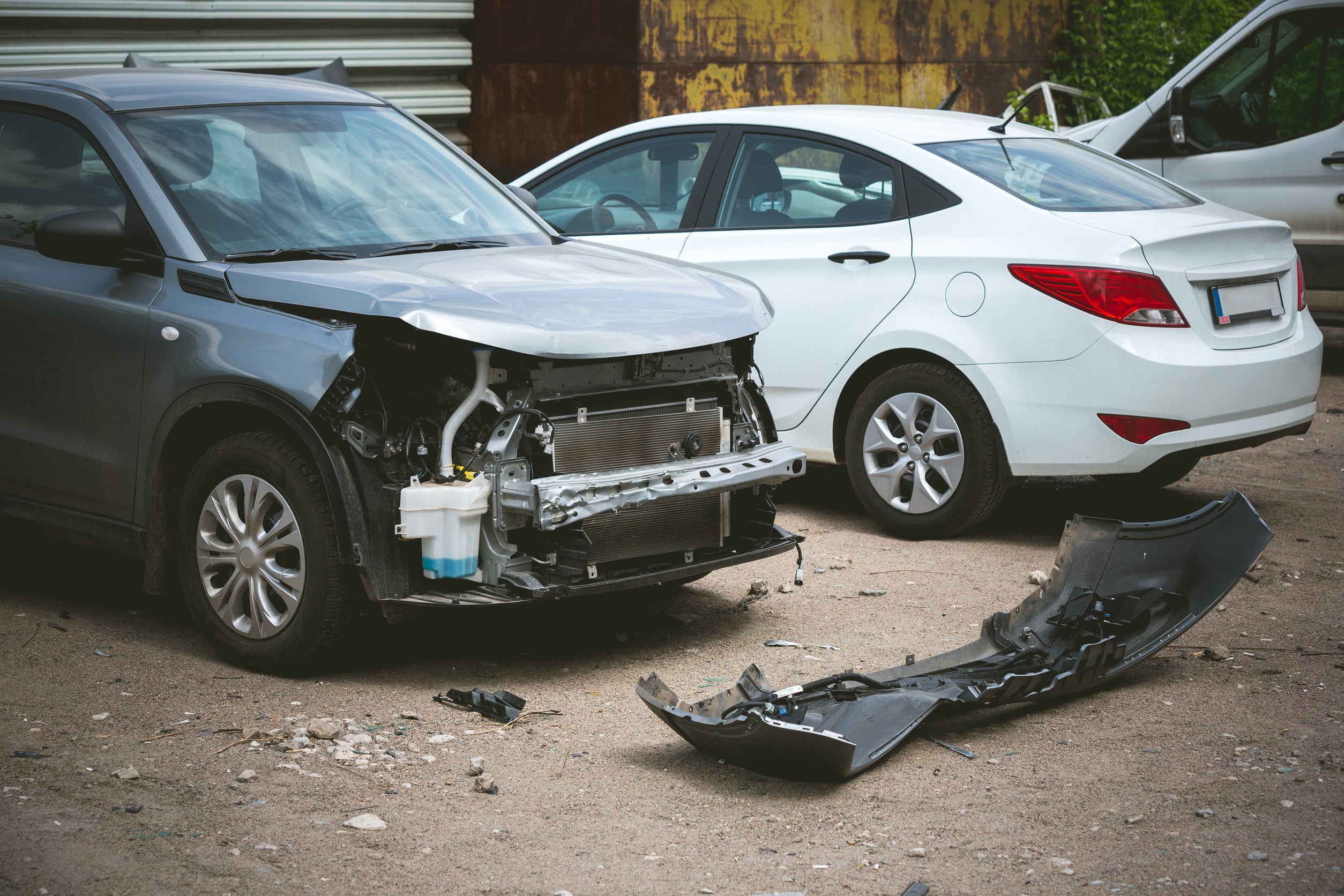
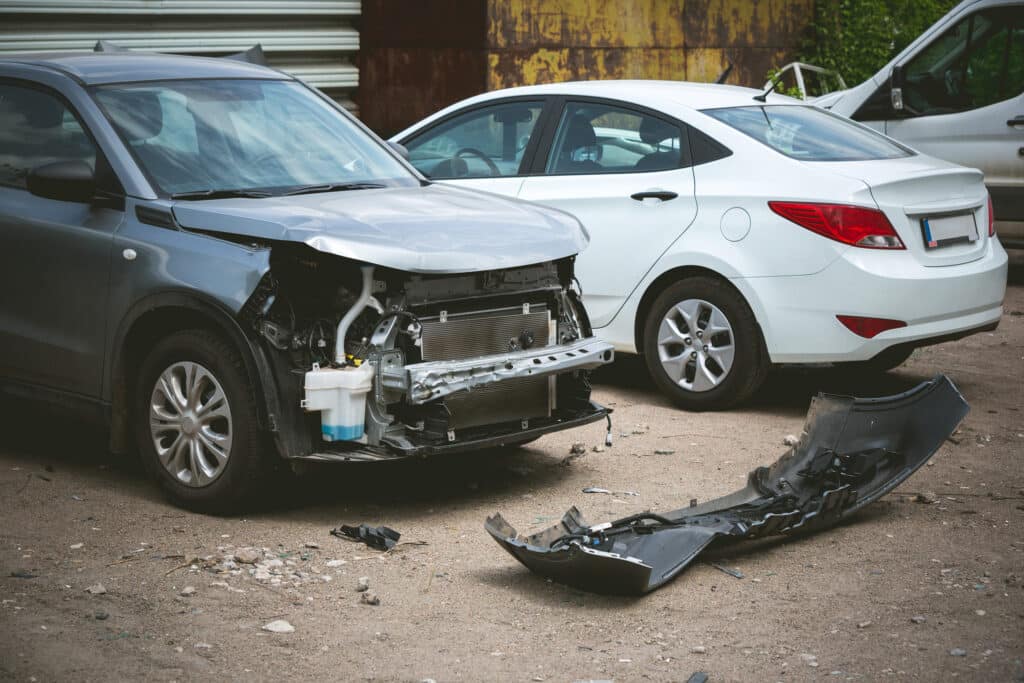
Most car accidents are over in seconds—but the aftermath drags on. Pain. Paperwork. Missed workdays. And that sinking feeling when the insurance company calls with a lowball offer. You’re not just dealing with a damaged car. You’re dealing with the disruption of your entire life.
In New York City, the numbers are staggering. In just the first nine months of 2024, traffic crashes caused 193 deaths and over 2,300 serious injuries. Many of those injuries happened because of careless driving—people distracted behind the wheel, speeding, or failing to follow basic traffic rules.
If someone else caused your injuries, you deserve more than a quick payout and a hollow apology. You deserve full compensation for what you’re going through—and what lies ahead. This guide walks you through how to maximize your compensation. Schedule a free consultation with our NYC, NY car accident attorneys at Macaluso & Fafinski, P.C.
Get Medical Help Immediately
If you’ve been in a car accident, the first thing you should do is seek medical attention—even if you think you’re okay. A common mistake people make is waiting to see a doctor because they don’t feel immediate pain. But adrenaline can mask injuries, and symptoms often take hours or even days to appear. Delaying treatment not only puts your health at risk but also gives insurance companies an excuse to argue that your injuries aren’t serious—or worse, unrelated to the accident.
A medical evaluation creates a record. That record can later serve as key evidence in your claim. It’s hard for an insurer to argue with X-rays, diagnostic tests, and doctor’s notes. On the other hand, if you wait too long to get checked out, they may argue that you’re exaggerating or trying to profit off a minor fender-bender.
Stick to Your Treatment Plan
After a car accident, seeing a doctor is just the first step. What you do after that can make or break your claim. Always follow your doctor’s recommendations—whether it’s physical therapy, medication, or follow-up visits. Skipping appointments or stopping treatment early can send the wrong message. Insurance companies look for any reason to downplay your injuries. If your medical records show gaps or missed follow-ups, they may argue that your injuries aren’t serious or that you’ve already recovered.
Consistent treatment helps show that your pain is real and ongoing. It also builds a clear medical timeline that supports your case.
Call the Police and File a Report
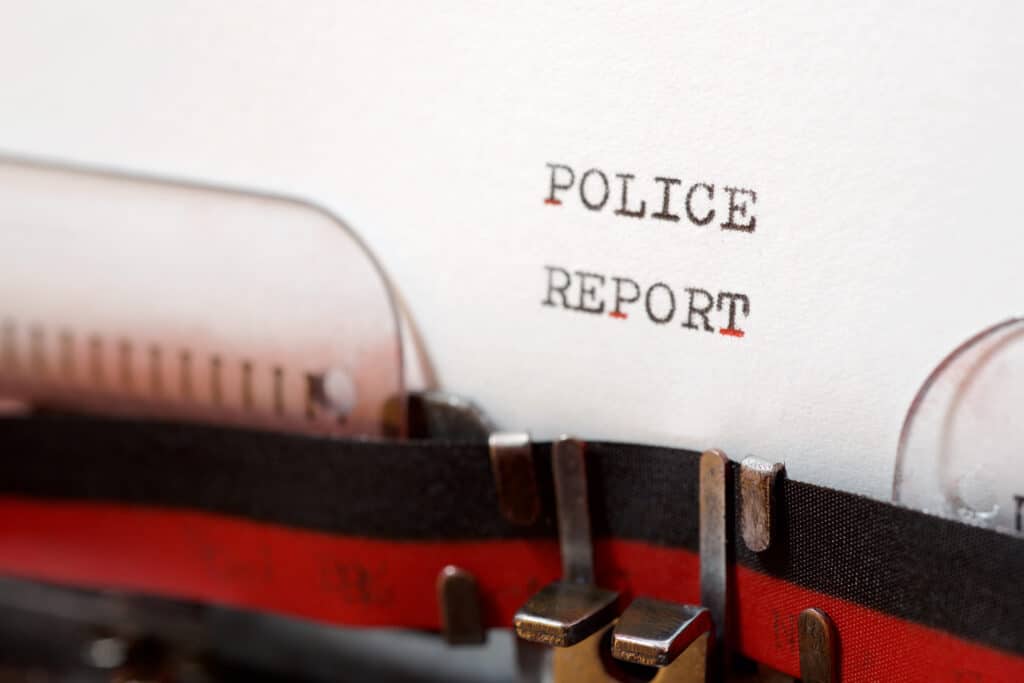
Even if the crash seems minor, always call the police. A formal report is one of the most important documents in a car accident claim. Police officers are trained to evaluate the scene and document what happened. They’ll collect statements from both drivers, note any visible injuries, and include details about the vehicles, road conditions, and potential traffic violations. This creates a third-party, unbiased record that can backup your side of the story.
Without a police report, you’re left with a ‘he said, she said’ situation and the insurance company can use that to deny or reduce your claim.
Make sure you ask for a copy of the report or the report number so your attorney can request it later. And when speaking to the officer, stick to the facts. Don’t guess, speculate, or admit fault—even if you feel pressured. Let the investigation speak for itself.
Gather Evidence at the Scene (If You Can)
If you’re physically able to do so, collect as much evidence as you can before leaving the scene. The more documentation you have, the stronger your case will be. Start with photos:
- Take pictures of all vehicles involved from multiple angles.
- Capture skid marks, debris, broken glass, or damaged property.
- Snap photos of traffic signals, signs, and road conditions.
Next, gather contact information:
- Get names, phone numbers, driver’s licenses, and insurance info from all drivers.
- Ask for names and numbers of any witnesses nearby. Their statements could support your version of events.
One more thing—keep your emotions in check. Don’t apologize or admit any fault, even if you’re just trying to be polite. That can be twisted into an admission of guilt later. Once you leave the scene, write down everything you remember as soon as possible while it’s still fresh—what happened before, during, and after the crash.
Notify Your Insurance Company
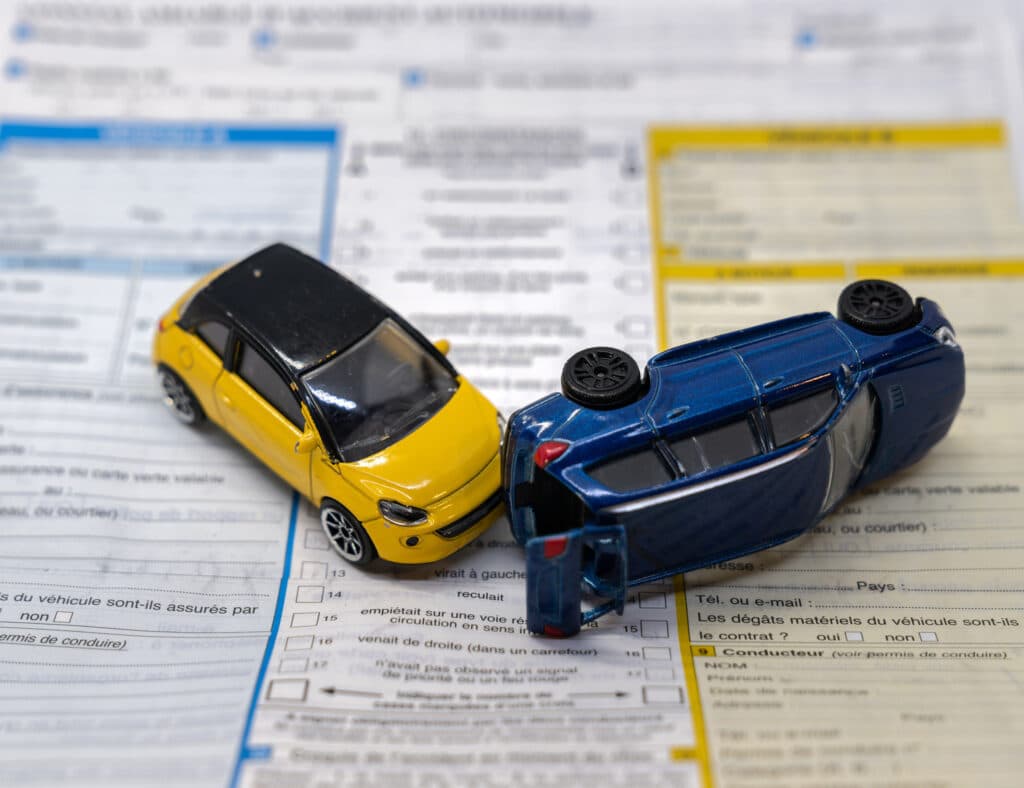
Under New York law, you must notify your insurance company promptly after a car accident – typically within 30 days. But when you make that call, remember that this is not a casual conversation. It’s a recorded statement, and anything you say can be used against you. Stick to the facts:
- Time, date, and location of the crash.
- Names of people involved.
- Whether you’ve received medical treatment.
Do not give a detailed account of the accident or talk about your injuries just yet.
Don’t Talk to the Other Driver’s Insurance Adjuster Without Legal Counsel
After a car accident, the other driver’s insurance company might call you. They’ll sound polite. They’ll say they just want to get your side of the story. But make no mistake—this call is not to help you. It’s to protect their bottom line.
Insurance adjusters are trained to save their company money. You might think being honest will help your case. And it should. But the truth is, anything you say can—and likely will—be used against you. That’s why you should never speak to the other driver’s insurance without a NYC, NY car accident lawyer from Macaluso & Fafinski, on your side. Let your car accident attorney handle the communication. They know what should and shouldn’t be said. They’ll make sure your rights are protected every step of the way.
Be Honest—but Strategic
After a car accident, you might be asked to explain what happened—by the police, your doctor, and especially the insurance companies. While it’s always important to be truthful, it’s just as important to be strategic about how you communicate. Insurance adjusters are trained to listen for anything they can use to reduce your payout. That includes offhand comments like “I didn’t see them coming” or “I feel fine now.” Even if you mean nothing by it, those words can be twisted and used against you later. Don’t lie or exaggerate—ever. It will hurt your case. But also don’t overshare. Stick to the basics when speaking to anyone other than your car accident lawyer or doctor.
Avoid Signing Any Documents Without Review
Insurance companies move fast after a crash. Sometimes, they’ll show up with paperwork just days later. They may ask you to sign medical release forms, settlement agreements, or waivers. Don’t do it before showing them to your NYC, NY car accident attorney.
Some of these documents may look routine. But hidden in the fine print, you might be giving up your right to future compensation. Once you sign a settlement agreement, your case is over. Even if your injuries get worse later, there’s no going back.
Medical release forms can also be risky. You might think you’re just giving permission for accident-related records. However, some releases allow access to your full medical history. That gives insurers a chance to blame your injuries on past health issues. Always, always have a NYC, NY car accident lawyer review anything before you sign it. It’s not about being difficult—it’s about protecting yourself from being taken advantage of.
Track All Damages and Losses
After an accident, you’ll likely deal with more than just a hospital bill and a tow truck. You might miss work, attend months of physical therapy, or be unable to enjoy your daily life the way you used to. All of that matters—and you deserve to be compensated for it. Keep track of:
- Medical bills, prescription costs, and out-of-pocket expenses.
- Lost income and work opportunities.
- Transportation costs to and from appointments.
- Daily notes on pain levels, physical limitations, and emotional stress.
Save every receipt and bill. Keep copies of letters from doctors, employers, or insurance companies. All of this builds the foundation of your claim. Your trusted car accident attorney at Macaluso & Fafinski can use this documentation to calculate your total losses and argue for fair compensation—both for your economic and non-economic damages.
Track Out-of-Pocket Expenses

Start by saving every receipt tied to your recovery. That includes prescription medications, over-the-counter supplies, transportation to medical appointments (taxis, rideshares, or gas if you’re driving yourself), medical devices like braces or crutches, and even things like parking fees at the hospital. If you had to hire help at home—like a cleaner or caregiver—that counts too.
At Macaluso & Fafinski, we can include these expenses in your demand for compensation, but only if you’ve documented them. Keep a simple folder or digital log with dates, items, amounts, and receipts. It may seem small at the moment, but over time, those minor costs can turn into a significant part of your claim.
Keep a Pain Journal
After the crash, write daily notes about how you’re feeling—physically and emotionally. Record your pain levels, mobility issues, sleep problems, anxiety, and anything else that affects your day-to-day life.
Also note any time you missed work, couldn’t attend family events, or needed help with basic tasks. These details go beyond what medical records can show. They paint a clearer picture of how the accident is affecting your life.
A pain journal can be powerful evidence when seeking non-economic damages like pain and suffering. Insurance companies often try to reduce these parts of your claim. Your journal helps prove the ongoing impact in your own words—something a car accident attorney can use to fight for fair compensation.
Don’t Settle Too Early
Insurance companies are in a rush—for a reason. The sooner they get you to sign a release, the less they have to pay. Don’t fall for it. They may offer what seems like a decent check just days after your accident. But once you sign a settlement, it’s over. You can’t come back later and ask for more—even if new injuries show up or your recovery takes longer than expected.
Our experienced car accident lawyers at Macaluso & Fafinski know how to value your case properly. They’ll look at your current losses, your future medical needs, and how the accident has affected your life long-term. Then, they’ll negotiate to get you the amount you actually deserve—not just what the insurance company wants to give.
Be Cautious on Social Media
You might not think twice before posting an update about your day—but if you’re in the middle of a car accident claim, what you post can be used against you. Insurance adjusters and defense attorneys often monitor social media for anything that contradicts your claim. For example, if you’re saying you have a back injury but post a photo lifting your child or attending a party, they’ll use it to argue that you’re not as hurt as you say.
Here’s what you should do:
- Avoid posting photos, updates, or comments about your accident.
- Don’t accept friend requests from people you don’t know.
- Set your accounts to private, but remember nothing is ever truly hidden online.
Better yet, stay off social media entirely until your case is resolved. And if you’re ever unsure, ask your attorney what’s safe to share and what’s not.
Understand New York’s No-Fault Insurance Rule
New York City, NY follows a no-fault insurance system, which means your own insurance company covers your medical bills, lost wages, and other related costs—no matter who caused the accident. This coverage is called Personal Injury Protection (PIP) and is required by law in every auto insurance policy issued in the state.
PIP benefits typically cover up to $50,000 per person for what the law calls basic economic loss. This includes reasonable medical expenses, 80% of lost earnings (up to a limit), and other necessary accident-related costs like transportation to medical appointments. However, it doesn’t cover pain and suffering or damages beyond that limit.
If your injuries are serious and your losses exceed the PIP cap, you may be able to file a personal injury claim against the at-fault driver. An attorney can help you determine if your case qualifies and what next steps to take.
Know the Statute of Limitations
In New York, you have three years from the date of the accident to file a personal injury claim. But some situations have shorter deadlines. For example, if a government vehicle was involved, you may have just 90 days to file a Notice of Claim.
Time moves fast after a crash. You’re focused on healing, getting your car fixed, and getting back to work. It’s easy to lose track of the calendar. But once the deadline passes, it’s game over.
Hire an Experienced Car Accident Attorney
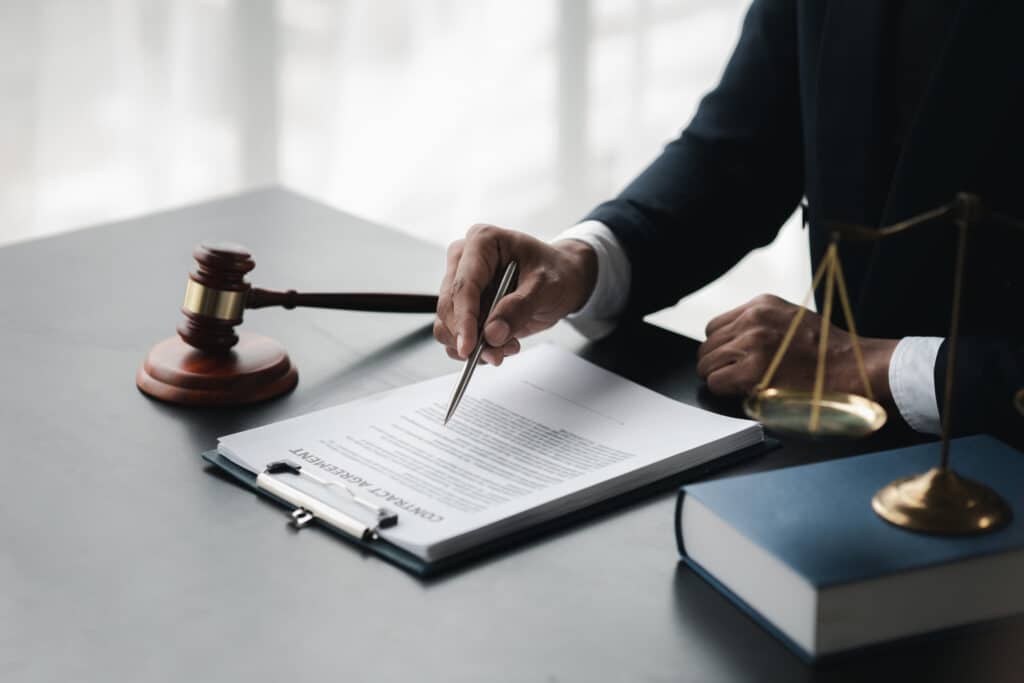
A car accident attorney does more than file paperwork. They investigate your crash, gather evidence, work with medical professionals, handle all communication with insurance companies, and fight to get you full and fair compensation. They know the tactics insurers use, and they know how to push back. More importantly, having an attorney shows the insurance company that you mean business. They’re far less likely to lowball someone who’s backed by legal support.
Seek Legal Help from New York City, NY Car Accident Attorneys
Reading this guide is a smart first step. But after an accident, taking action is what really makes the difference. Insurance companies hope you’re confused, in pain, and ready to settle quickly. That’s why having the right legal team behind you matters.
At Macaluso & Fafinski, P.C., we don’t just file paperwork—we help real people put their lives back together after serious accidents. Here’s how we do it:
- We’re available 24/7. You don’t have to wait for office hours to get answers.
- We track deadlines, paperwork, and all the details that make this process stressful.
- We help you find the right medical care, especially if you’re overwhelmed or unsure where to start.
- We dig into the details—traffic camera footage, road conditions, company liability, and more.
- We explain every step clearly. No legal jargon, no surprises.
You don’t need to go through this alone. Call us today at (800) 762-9300 or reach out online. Consultations are free, and we don’t get paid unless you win.









